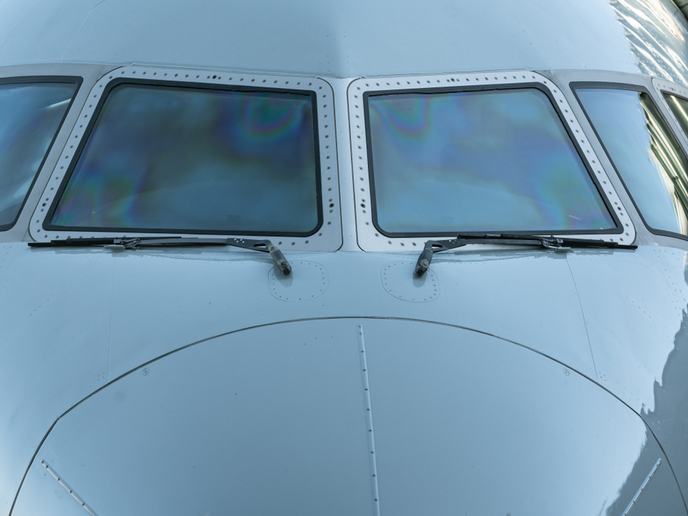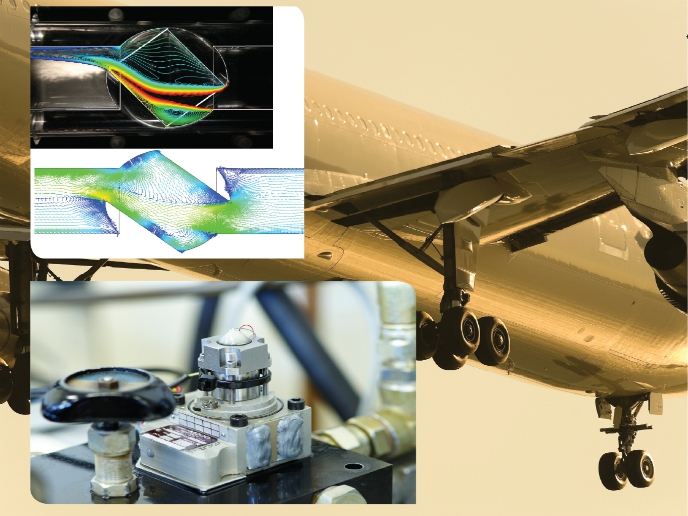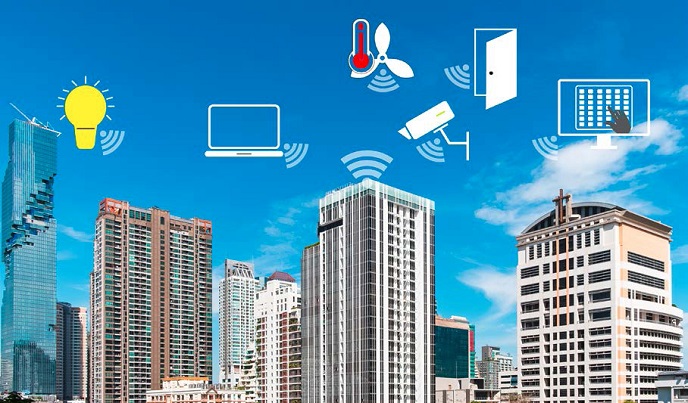Atmospheric and climate research from passenger aircraft
Climate change and air quality are part of a set of potentially devastating environmental problems, and all efforts to understand and mitigate them begin with obtaining reliable scientific data. The most suitable method involves direct sampling of the atmosphere's chemical composition, using sophisticated sensors on commercial aircraft. IAGOS is the global observing system that delivers this capability. The EU-funded project 'In-service aircraft for a global observing system - European research infrastructure' (IAGOS-ERI)(opens in new window) aimed to establish the IAGOS RI. The system will consist of autonomous instruments aboard 10 to 20 long-range passenger aircraft, providing key in situ observations of greenhouse gases and other chemicals routinely that cannot be obtained otherwise. During the preparatory phase, the goal was to establish the technical, legal and organisational structure as well as funding needed for the proposed RI. In addition, IAGOS-ERI aimed to coordinate with the scientific and user community, and to link the new infrastructure with other systems already established. The project concluded in August 2014, after running for five years, and included 16 members. The project established a governance structure and statutes for implementation of the IAGOS RI as an international association under Belgian law. The required resources for construction and operation of the RI were defined, for which the project obtained financial commitments from partner organisations and funding agencies. The team coordinated with scientific users of the data to be supplied by the RI, and established a database that includes data from precursor projects. Similarly, a structure was defined for incorporating the RI data into the Global Telecommunication System's weather services. The basis for certifying the aircraft instruments was enhanced, and approval for their installation into Airbus A330 aircraft was extended. The project developed a legal basis for collaboration with airlines, and operational structures for instrument maintenance within a civil aviation legal framework. The team achieved technical improvements related to instrument deployment, and designed novel instruments for future implementation. Thanks to IAGOS-ERI, an important instrument system has been installed on aircraft, providing needed data for atmospheric and climate change models. In addition, all necessary governance and legal issues have been established, allowing smooth operation of the RI.







